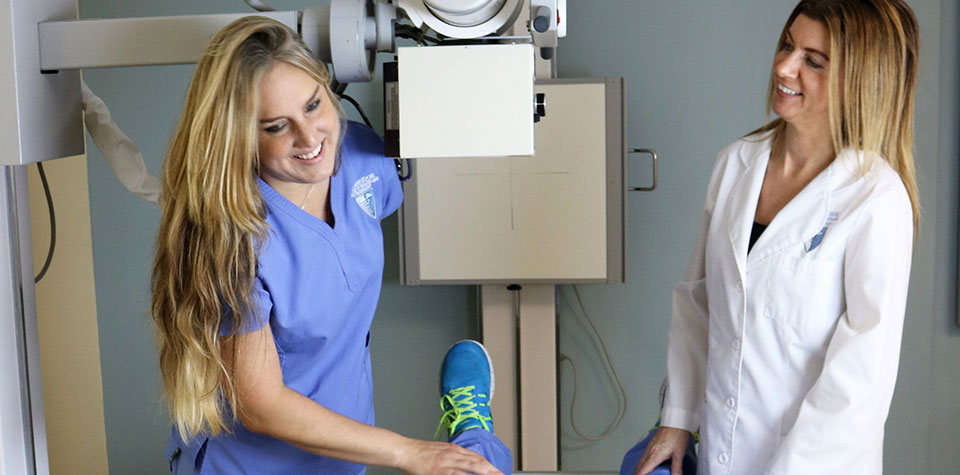In the ever-evolving healthcare industry, sonography has emerged as a popular and rewarding career choice for aspiring professionals.
Not only does it offer diverse opportunities for growth and specialization, but it also provides competitive salaries and the satisfaction of making a difference in patients’ lives.
We shed light on the different specialties within sonography and point out which ones pay the most—so you can make an informed decision about your career path.
What Is Sonography?
Sonography is a non-invasive diagnostic medical imaging technique. It utilizes high-frequency sound waves to create images of various organs, tissues, and blood vessels. These images are then analyzed by physicians to diagnose or monitor different medical conditions.
As a profession, sonography offers various specialties, each with its unique responsibilities and rewards.
Below are some specialties that ultrasound technicians can pursue:
- Vascular sonography: Specializing in imaging blood vessels and the circulatory system.
- Breast sonography: Focusing on imaging breast tissues to detect abnormalities and assist in breast cancer diagnosis.
- Cardiac sonography: Specializing in imaging the heart and related structures to diagnose heart conditions.
- Pediatric echocardiography: Concentrating on imaging the hearts of children to diagnose congenital heart defects and other cardiac conditions.
- Fetal echocardiography: Specializing in imaging the fetal heart during pregnancy to assess cardiac development and detect abnormalities.
- Abdomen sonography: Focusing on imaging abdominal organs such as the liver, kidneys, and pancreas for diagnostic purposes.
- Obstetrics and gynecology: Concentrating on imaging the female reproductive system during pregnancy and diagnosing gynecological conditions.
- Musculoskeletal sonography: Specializing in imaging muscles, tendons, ligaments, and joints to diagnose musculoskeletal disorders and injuries.
- Phlebology Sonographer: Concentrating on imaging veins to diagnose and treat conditions related to venous disorders.
- Neuro sonography: Focusing on imaging the brain and nervous system to assist in diagnosing neurological conditions.
Earning Potential in Sonography Specialties
DMS technicians across the nation earn an average salary of $1,517 per week or $78,884 annually. At the lower end of the spectrum, technicians may earn approximately $400 per week or $20,000 per year.
On the other hand, the highest-earning ultrasound technicians can make around $3,200 per week or $166,400 per year. The highest-paying sonography specialties include:
- OB/GYN sonography
- Vascular sonography
- Neuro sonography
- Cardiac sonography
- Pediatric cardiac sonography
However, it’s important to note that earnings can vary based on several factors.
- Experience: Generally, having more experience as a sonographer translates to a higher salary.
- Certification: Obtaining relevant certifications can help you increase your earning potential within the field of ultrasound technology.
- Location: The geographical location where you work can affect your income as an ultrasound technician. Salaries may vary based on the cost of living, demand for technicians, and local market conditions.
- Education and training: Advanced degrees and additional training beyond the minimum requirements may lead to higher salaries or opportunities for career advancement.
- Type of facility: The type of healthcare facility you work in, such as a hospital or diagnostic center, can influence your salary. Different settings may offer varying compensation packages and benefits.
Discover Your Potential at Cambridge’s DMS Program
If you’re considering a rewarding career in sonography, Cambridge College of Healthcare & Technology offers a comprehensive education designed to prepare you for success in this dynamic field.


